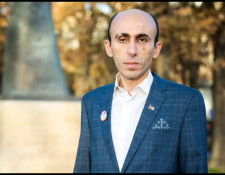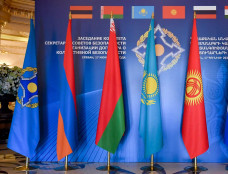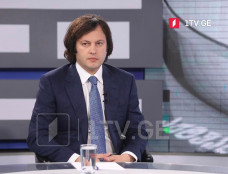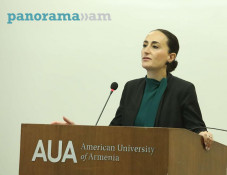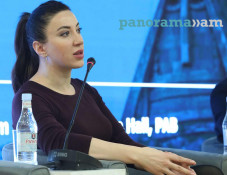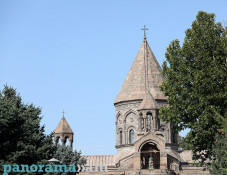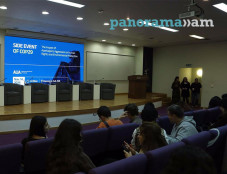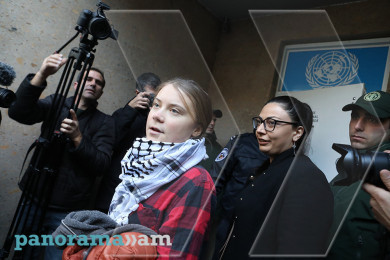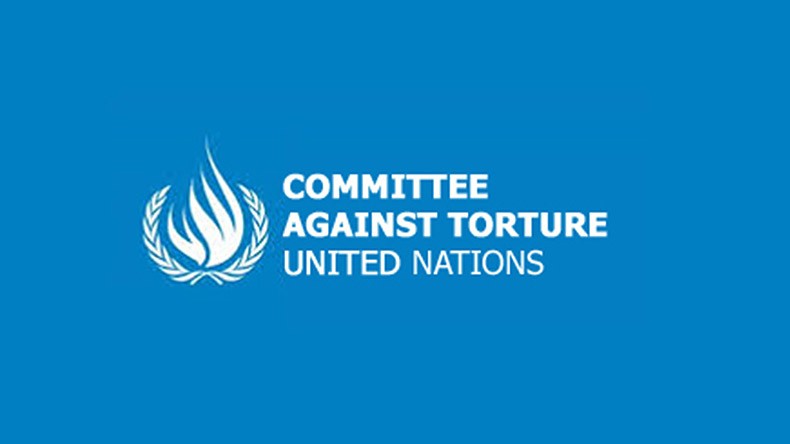
UN Committee against Torture criticises ill-treatment in prisons, army and psychiatric facilities in Azerbaijan
The Committee against Torture of the UN is concerned about numerous and persistent allegations that torture and ill-treatment are routinely used by law enforcement and investigative officials often to extract confessions or information to be used in criminal proceedings as evidence, according to the report published on the website of The Office of the United Nations High Commissioner for Human Rights (OHCHR) .
The Committee is particularly concerned that in the period 2010- 2015 not a single individual has been prosecuted despite the existence of the numerous complaints against officials of the prison system of Azerbaijan. The Committee is deeply concerned by consistent and numerous allegations that a number of human rights defenders have been arbitrarily deprived of their liberty, subjected to ill-treatment, and in some cases have been denied adequate medical treatment in retaliation for their professional activities. The Committee regrets the State party’s categorical position that all the above allegations are unfounded, despite the existing reports of United Nations and other international organisations human rights mechanisms. It is also concerned that full, independent and effective investigations of these allegations and prosecution of the perpetrators have not taken place. Furthermore, the Committee is seriously concerned that following the 2009 and 2013 legislative amendments the implementation of projects without a registered grant agreement, as well as the acceptance of donations have been punished by dissolution of non-governmental organisations, imposition of financial penalties, freezing of assets and heavy prison sentences against non-governmental organisations’ members.
“The Committee is concerned at reports that in the period immediately following deprivation of liberty, detainees are frequently denied access to a lawyer of their choice and are not allowed to contact family members and that police officers forcibly extract confessions,” the report reads. It is further noted that medical examinations take place in the presence of police officers and that, when injuries are recorded, they do not lead to any investigations into possible instances of torture or ill-treatment.
The Committee also draws attention to the lack of independence of the judiciary vis a vis the executive branch and its susceptibility to political pressure. The same goes for the Bar Association operating in Azerbaijan, which has a limited membership and the above has had a negative impact on the independence of the legal profession. The Committee is also concerned at reports that, on many occasions, lawyers defending human rights activists and victims of torture have been disbarred, their licences have been suspended or they have been called as prosecution witnesses and therefore could no longer represent their clients. The Committee is further concerned at the State party’s failure to provide the Committee with information on cases in which judges have deemed confessions inadmissible on the grounds that they were obtained through torture, or with data on the number of cases in which judges have sought investigations into allegations made by defendants that they confessed to a crime as a result of torture.
The Committee also notes reported cases of ill-treatment and torture used to obtain incriminating confessions and testimonies from minors and highlights that no effective investigations have been conducted in respect of such allegations in Azerbaijan. The Committee is concerned at the numerous reports of abuses in custody and deaths in detention, some of which are alleged to have resulted from torture or ill-treatment. It is also concerned about the inadequate conditions of detention in some prisons.
The Committee also refers to the continuous reports of forced confinement in psychiatric hospitals, where patients are reportedly subjected to verbal and sometimes physical abuse. Several mental health facilities in Azerbaijan are overcrowded, living conditions are substandard and food provision is insufficient, while there are reports about lack of proper therapeutic approach and rehabilitative psycho social activities there, as well as lack of detailed instructions and harmonized registration system of the use of means of mechanical restraints, lack of proper judicial review in cases of involuntary hospitalisation.
The UN Office also refers to the reported prevalence of violence and ill-treatment of conscripts in the Azerbaijani army, commonly called Dedovshchina (hazing or bullying), which has reportedly led to serious injuries, and of a number of unexplained deaths of conscripts, including suicides.
The Committee remains concerned by reports of cases of violence against women and regrets the lack of statistical information on the overall complaints of domestic violence reported and the number of investigations, convictions and punishments meted out for acts of violence against women. The Committee is further concerned at reports that law enforcement officers are dismissive of women’s complaints of such violence and that there are inadequate facilities available for women victims of such violence in the State party. It is also concerned at the insufficient safe shelters for victims of domestic violence and at reports that one of the few shelters in Baku had been recently closed.
The Committee “is concerned at cases of extraordinary rendition, based on bilateral extradition agreements, such as the rendition of Chechens to the Russian Federation, where they may face a real risk of torture. The Committee notes the State party’s assertion that it has never participated in the CIA secret rendition program, but remains concerned at reports that it had allegedly permitted the use of its airports and airspace for CIA extraordinary rendition flights.” The Committee regrets the lack of information on cases where individuals have claimed that their extradition should be refused because there were sufficient grounds that the individual concerned would be subjected to torture, cruel, inhuman or degrading treatment or punishment, as well as the outcome of such cases.
Commenting on the report of the UN Committee against Torture, Rachel Denber, deputy Europe and Central Asia director at Human Rights Watch, said the government of Azerbaijan was locking up human rights defenders one after the other and then denying their reports of ill-treatment. “The UN Committee Against Torture made clear that the government needs to free the human rights defenders and stop turning a blind eye to their ill-treatment in prison,” she said. “The Committee Against Torture made it abundantly clear just how troubling Azerbaijan’s rights record is.”
Related news
- Jehovah’s Witnesses file complaint in UN against Azerbaijan where disabled woman was called
- OSCE and UN condemn Azerbaijan for violating human rights and freedom of speech
- Issues of early marriages, prostitution, abortions and violence against women in Azerbaijan discussed in UN
Newsfeed
Videos






